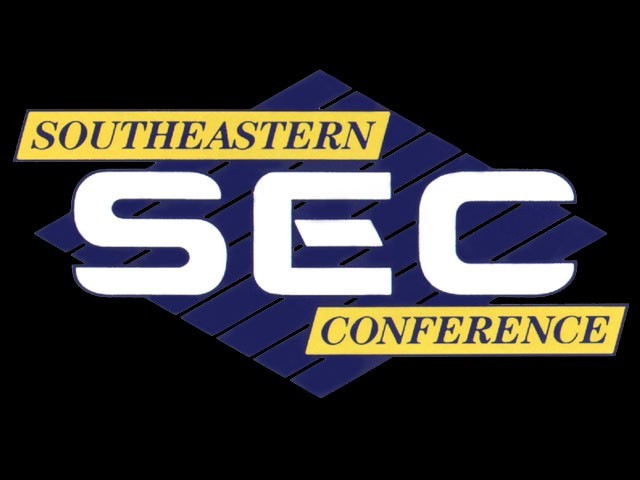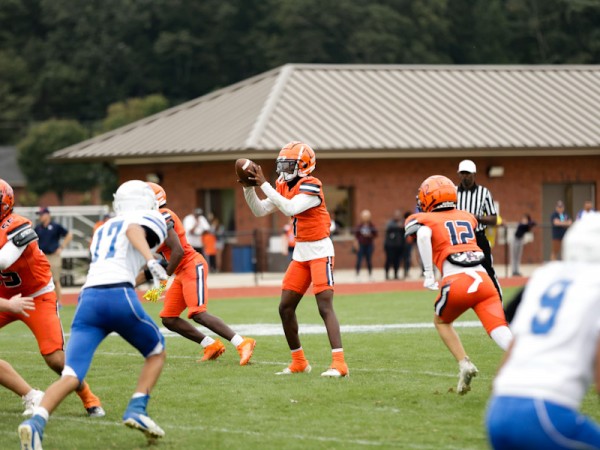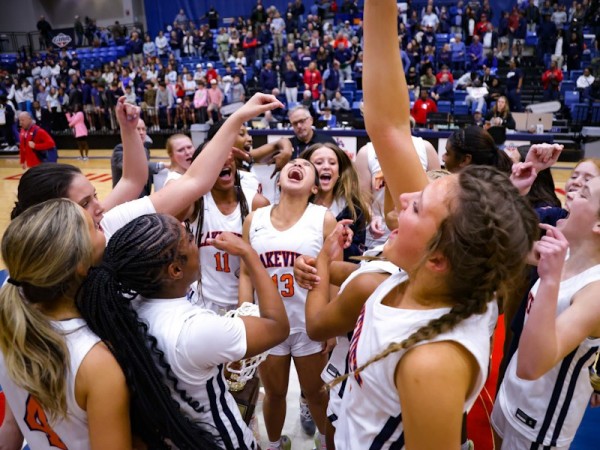KNOXVILLE, Tenn. -- Frustrated Southeastern Conference coaches say their league is treated more like a mid-major rather than a BCS conference.
The coaches said Monday the perception all year has been that the SEC was having a down year. The NCAA tournament selection committee apparently felt it was more than perception.
Florida, Missouri and Mississippi earned the SEC's only three NCAA berths, the fewest of any of the six major conferences. The SEC also ranked below the Atlantic 10 and Mountain West, which earned five bids each.
The SEC also sent only three teams to the tournament in 2009. Before then, the SEC hadn't received as few as three bids since 1990.
One of the "things that hurt us was the impression the league's down," Kentucky coach John Calipari said. "Everyone seems to say it. That's why I tell the coaches we've got to brag about each other. We've got to set that straight."
The three berths continue the SEC's downward trend.
The SEC sent at least five teams to the tournament every year from 1997-2008, but it's received as many as five NCAA invitations just once (2011) in the five years since.
Kentucky, the defending national champion, tied for second place in the SEC with Alabama and Mississippi. Kentucky and Alabama still ended up in the NIT. Mississippi only got a No. 12 seed in the NCAA field after winning the SEC tournament.
Tennessee coach Cuonzo Martin predicted two weeks ago that the SEC would earn six bids.
Martin said the SEC's three bids were an "embarrassment" after the brackets were revealed, and he didn't back down from those comments Monday. He said Tennessee, Kentucky and Alabama are "NCAA tournament teams" that landed in the NIT.
"It's almost like a mid-major mentality in this league, when you've got your second-place team that doesn't get in the NCAA tournament," Martin said. "This is a BCS league. It's one of the best leagues in America. That shouldn't happen."
The SEC's non-conference performance indicates it actually wasn't one of the best leagues in the nation this season.
SEC schools went a combined 15-33 against the other five major conferences and had losing records against each of them: 3-6 against the Atlantic Coast Conference, 2-5 against the Big 12, 4-13 against the Big East, 2-4 against the Big Ten, 4-5 against the Pac-12.
Some of the reasons for the SEC's struggles were obvious.
More players were taken in the NBA draft from SEC schools than any other conference last year. Tennessee forward Jeronne Maymon, one of only two returning all-SEC players from last season, missed the entire year with a knee injury. Kentucky center Nerlens Noel was challenging for SEC player of the year honors before tearing the anterior cruciate ligament in his left knee last month. LSU, Mississippi State and South Carolina had new coaches.
"When you have coaching changes, when you have player turnover, when you have departures of really good players, it's going to take some time," Florida coach Billy Donovan said. "The unfortunate part with all those transitions going on is you really pay the price in November. ... What happens is your league gets labeled in November and December."
Donovan believes the league got better as the season wore on, but it couldn't prove that because its members were facing one another instead of playing teams from other conferences.
But it's tough for SEC teams to schedule non-conference foes later in the year, particularly now that it has adopted an 18-game league schedule. If SEC teams don't schedule quality non-conference foes later in the season, they must deliver better results against better teams early in the year.
Five of the SEC's 14 teams ranked lower than 230th in non-conference strength of schedule. Not only did the SEC schedule weak teams, it occasionally lost to them. Mississippi State fell to Alabama A&M, a Southwestern Athletic Conference team that finished 11-20. Vanderbilt lost to Marist, a Metro Atlantic Athletic Conference program that went 10-21.
The importance of non-conference performance was apparent from the fact that Missouri earned a bid despite getting the No. 6 seed in the SEC tournament. Missouri beat NCAA tournament participants Illinois and VCU at neutral sites early in the season.
"What happens with mid-major teams is they schedule aggressively because they know the best-case scenario to get into the NCAA tournament is you've got to go play teams," Martin said. "So maybe we need to schedule like mid-major teams."
SEC coaches realize they must do something to stop the conference's declining total of NCAA bids. Their futures could depend on it.
"At the rate we're going, if we don't get it corrected, in some way, shape or form, you're looking at three different new (coaches) every year" in the conference , Martin said. "Something has to give."
Friday
November 8th, 2024
4:13PM

















